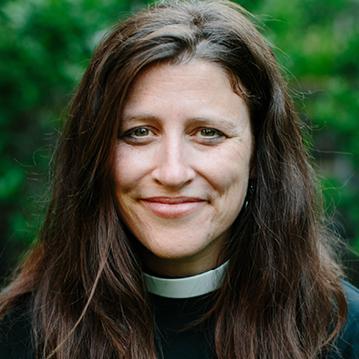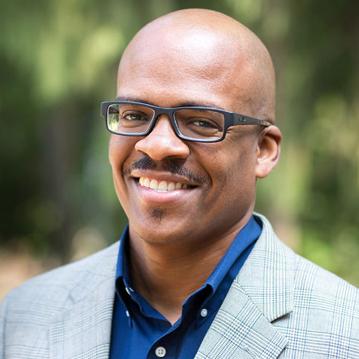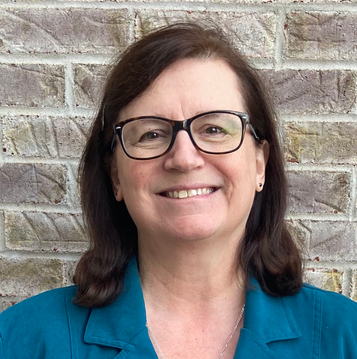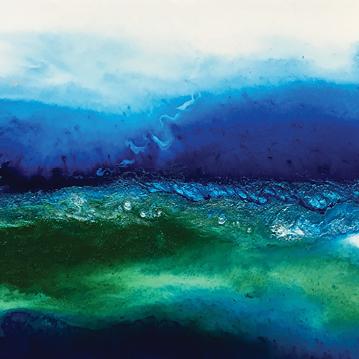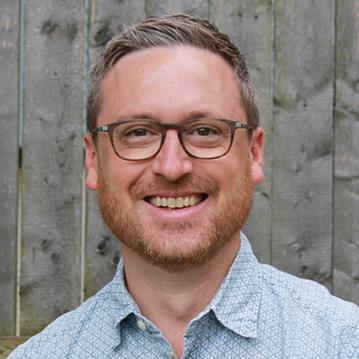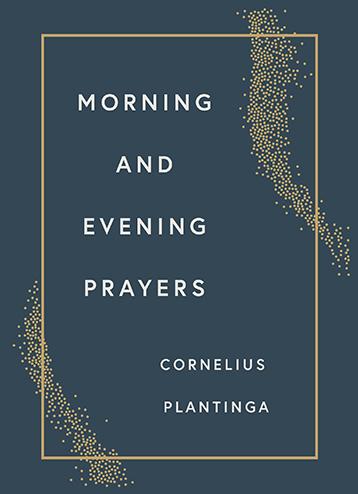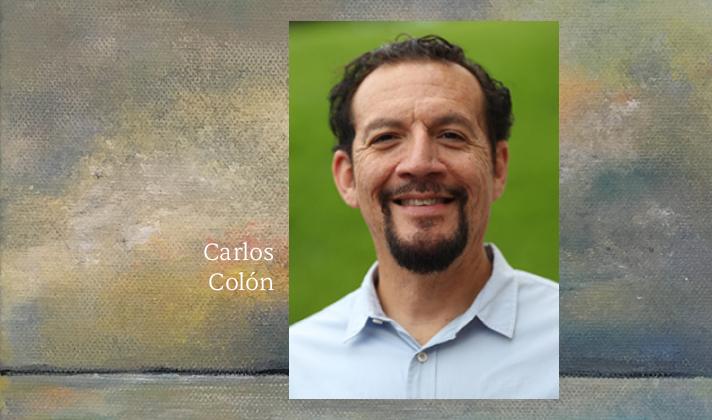Everyday Faith: Possibilities, Limits, and Callings, with special guest Tish Harrison Warren
How do worship and prayer practices form and sustain us during times of great suffering and grief? Watch this online conversation with Tish Harrison Warren, an Anglican priest and author of the new book Prayer in the Night: For Those Who Work or Watch or Weep [IVP 2021]. In this video, Warren reflects on themes of suffering and lament, vulnerability and joy, and how the Compline prayer service in the Anglican tradition provides a spiritual anchor in dark times. Warren is interviewed by Noel Snyder, program manager at CICW.
Everyday Faith: Possibilities, Limits, and Callings, with special guest Danjuma Gibson (Part 2)
What does life look like through the eyes of some of the “Titans” of African American history? Watch this second part of our online conversation with Professor Danjuma Gibson of Calvin Theological Seminary. Dr. Gibson shares additional insights into his approach to learning from the lives of historical figures, identifying key insights from his research that we might apply in our own lives. Professor Gibson is interviewed by Noel Snyder, program manager at CICW.
Emerging research on practices, patterns and space in worship
A panel of teacher-scholars with research projects focused on practices, patterns and space in worship share the fruits of their research, with a special focus on the implications of their research for worshiping communities.
Emerging research on youth formation and worship
A panel of teacher-scholars with research projects focused on youth and formation share the fruits of their research, with a special focus on the implications of their research for worshiping communities.
Emerging research on worship practices and public witness
A panel of teacher-scholars with research projects focused on worship and public witness share the fruits of their research, with a special focus on the implications of their research for worshiping communities.
Introduction to the Ten Core Convictions
A reflection on a selection of CICW’s Ten Core Convictions from the introductory session of the 2021 Virtual Vital Worship Grants Event, led by John D. Witvliet, Director of the Calvin Institute of the Christian Worship, and featuring Vital Worship Grants Advisory Board Members James Abbington, Kimberly Belcher, C. Michael Hawn, William H. Johnston, and Leopoldo A. Sánchez M.
Emerging research on worship practices affecting human flourishing
A panel of teacher-scholars with research projects focused on worship practices that affect human flourishing share the fruits of their research, with a special focus on the implications of their research for worshiping communities.
Everyday Faith: Possibilities, Limits, and Callings, with special guest Christina Edmondson
How does Christian faith relate to anti-racism efforts? What does faithful anti-racism work look like in today’s world? Watch as Dr. Christina Edmondson shares insights from her work with the online “Faithful Anti-Racism” courses and cohorts she teaches and leads in collaboration with CICW. Hear some of the core principles she teaches and some of the lessons participants have learned. Dr. Edmondson is interviewed by Noel Snyder, program manager at CICW.
Everyday Faith: Possibilities, Limits, and Callings, with special guest Danjuma Gibson (Part 1)
What does life look like through the eyes of some of the “Titans” of African American history, such as Frederick Douglass, Fanny Lou Hamer, and Martin Luther King, Jr? Watch as Danjuma Gibson of Calvin Theological Seminary shares insights from his research into the qualities, dispositions, and decisions that led these ordinary people to live such extraordinary lives. Professor Gibson is interviewed by Noel Snyder, program manager at CICW.
Cultivating an Ecclesiological Understanding: An Interview with C. Michael Hawn led by John Witvliet
An interview on the occasion of Michael Hawn's retirement from the Vital Worship Grants Board in May 2021.
Cornelius Plantinga on Developing Habits of Prayer
How does prayer form us? How do we go deeper in prayer? What is the value of using another person’s written prayers in our own prayer lives? Watch as Cornelius Plantinga and Noel Snyder discuss these topics and many more, celebrating the release of Plantinga’s book, "Morning and Evening Prayers."
3 Songs of the Resurrection from Latin America / 3 Cantos Latinoamericanos de Resurrección
Carlos Colón demonstrates and talks about three songs for Easter, as part of the series "Songs from the hymnal / Cantos del himnario Santo, Santo, Santo / Holy, Holy, Holy.'"

